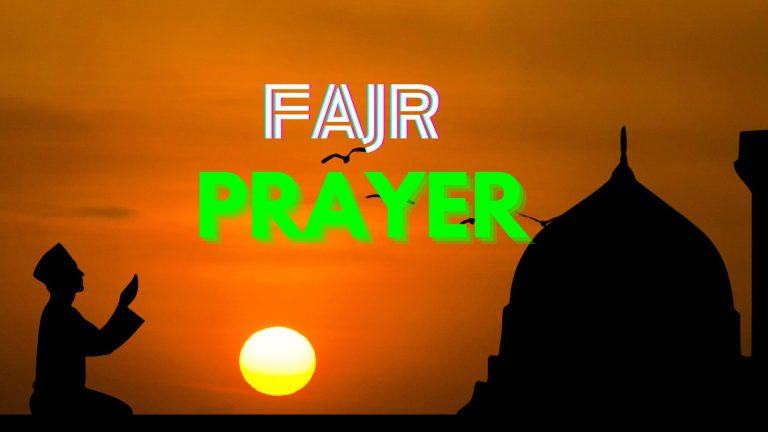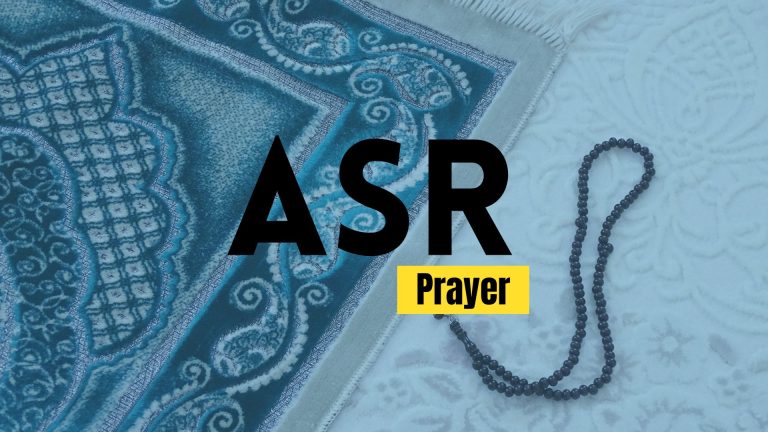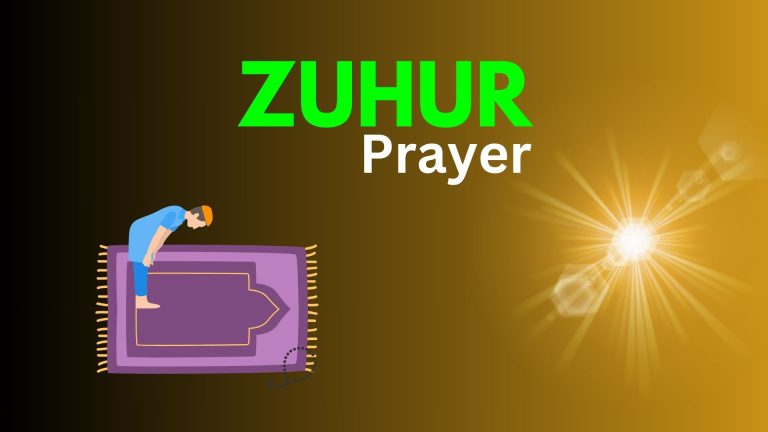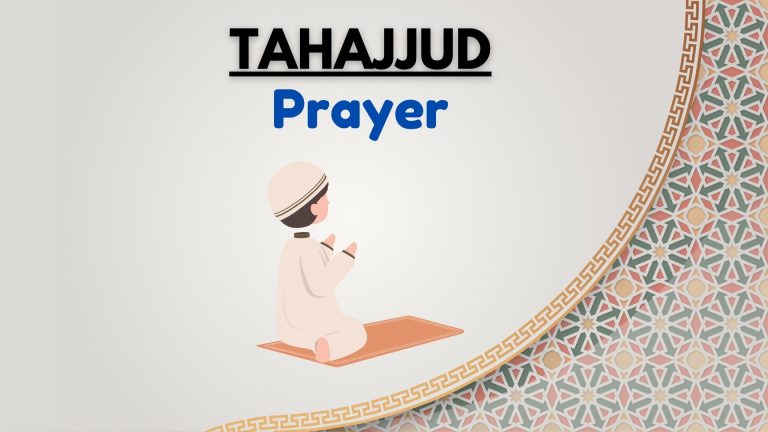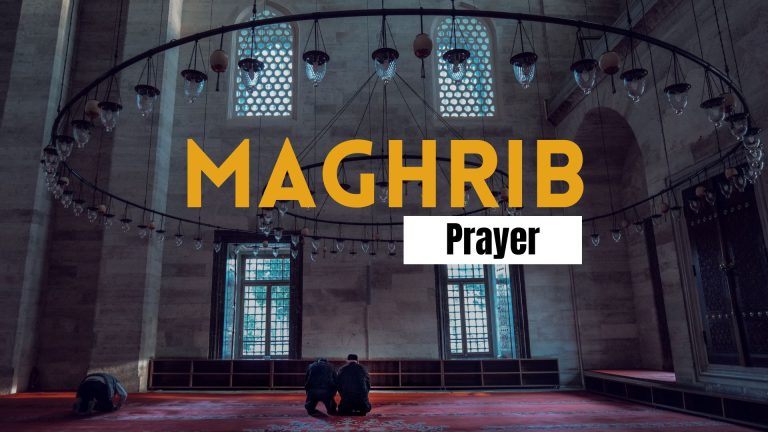ISHA PRAYER and its Impact on Life
Isha prayer, the day’s fifth and final mandatory Salah (Islamic prayer), holds profound significance in Islamic tradition. It is a time for deep spiritual connection and devotion to Allah SWT, offering numerous benefits to those who engage in it regularly.
To understand the meaning of the Isha is more than just saying the words. It’s about feeling deeply devoted and thankful to Allah. Try to make your heart, mind, and soul pure through prayer. Remember your responsibility to others and how important it is to live a good life.
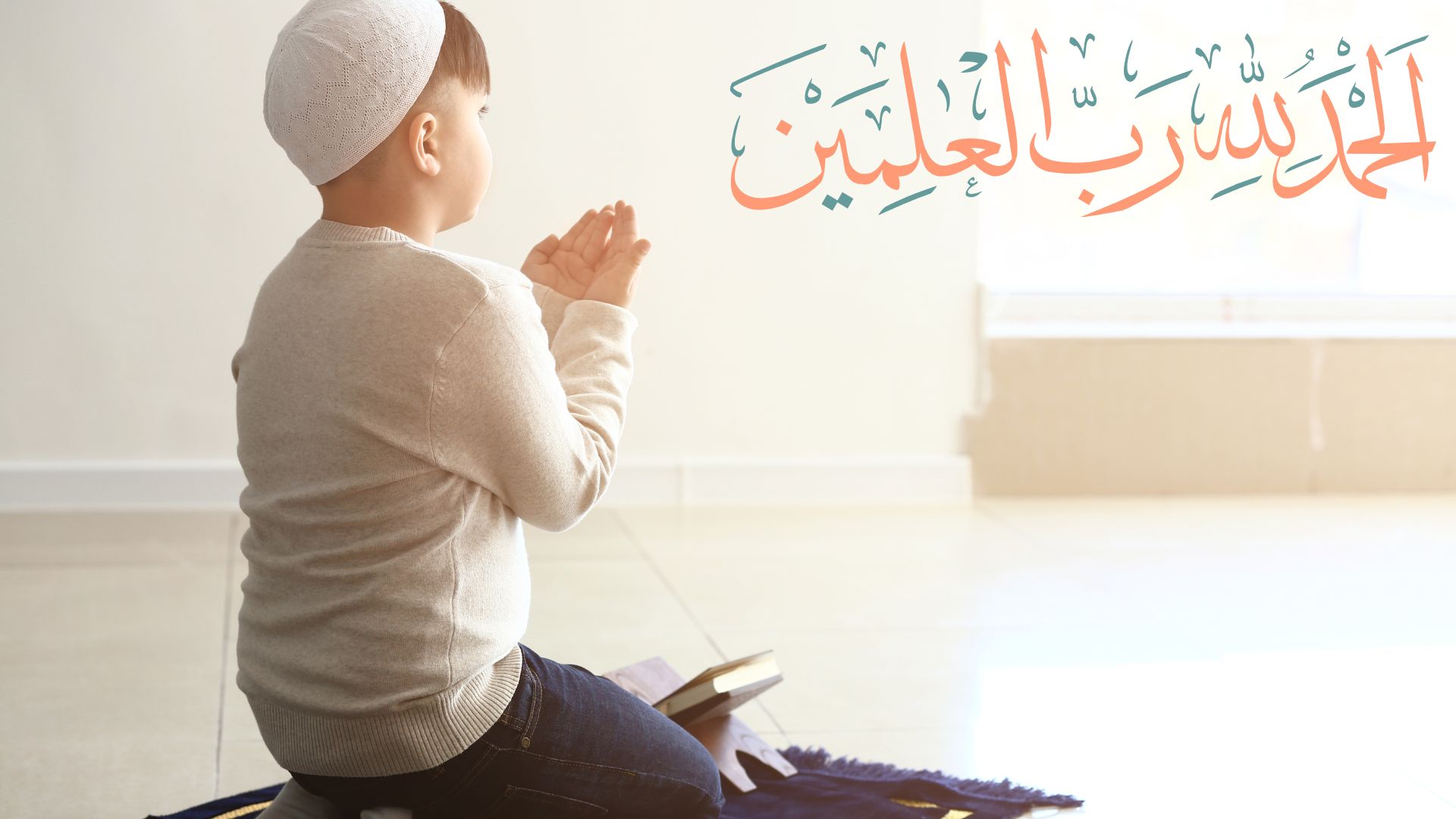
What Is the Time of Isha’s Prayer?
Isha begins when the twilight after sunset has completely vanished, usually around 90 minutes after the Maghrib (sunset) prayer, and lasts until just before the Fajr (pre-dawn) prayers. Performing Isha promptly demonstrates adherence to religious norms and cultivates punctuality and discipline in the life of a believer.
Number of Rakats In Isha
The number of Rakats included in the Isha prayer, in ascending order, is as follows:
What are the Significances of Dua E Qunoot and Reciting Surah Al-Mulk After Isha?
Dua E Qunoot: This supplication is an additional request made during the Witr Rakats in the Isha. It is a comprehensive plea to the Almighty for help, forgiveness, guidance on the right path, and protection from disobedience.
Reciting Surah Al-Mulk After Isha: Surah Al-Mulk is beneficial for reciting at specific times due to its significance. It consists of verses that testify to the greatness of Allah and His eventual punishment for disbelievers.
The Prophet (PBUH) said, “There is a Surah in the Qur’an, with thirty verses, which will intercede for its companion [the one who recites it] until he is forgiven: ‘Tabaarak allaadhi bi al-mulk’ (Blessed be He in Whose Hand is the dominion)” [al-Mulk, Surah 67]. This hadith is recorded by Al-Tirmidhi, Abu Dawood, and Ibn Maajah.
Reciting Quranic verses like those in Surah Al-Mulk before sleeping is advisable, as it can help one have a sound sleep and wake up healthy. Even if one dies in their sleep, it would be advantageous to die in a state of Eeman (faith).
Benefits Of Isha Prayer
Muslims can benefit from Isha in various ways, including spiritual growth, mental and emotional peace, and physical relaxation and rejuvenation.
1. Spiritual Benefits
Offering Isha regularly has numerous spiritual benefits. Individuals can strengthen their connection with the Creator and deepen their faith by participating in this sacred ritual. By setting aside time each night to communicate with Allah, believers can find peace, tranquility, and inner fulfillment.
Isha is also used to seek forgiveness for sins and to cleanse the heart of negative emotions. It provides an opportunity for spiritual reflection, self-improvement, and personal growth. Furthermore, performing the Isha regularly helps believers develop discipline and devotion to their religious obligations, fostering a stronger relationship with Allah.
2. Mental and Emotional Benefits
Offering Isha prayer regularly can have profound mental and emotional benefits. This spiritual practice gives people peace and solace at night, allowing them to relax and reconnect with their inner selves. Focusing on prayer helps people achieve mindfulness, reduce stress, improve memory, and increase focus.
Additionally, studies have shown that Salah prayer can enhance cognitive functioning in elderly Muslims, serving as an alternative exercise option for the elderly. This type of meditation helps to develop concentration and discipline, which can lead to success in both personal and professional endeavors.
Furthermore, Isha promotes relaxation and reduces anxiety by providing a space for introspection and seeking guidance from the Almighty.
3. Physical Benefits
Regularly offering Isha has several physical benefits. Salah’s bodily movements, such as standing, bowing, and prostrating, activate nearly all muscles in the body without causing fatigue. This improves blood circulation and keeps joints flexible and muscles strong.
Another study found that performing Salah regularly can improve heart health by increasing heart rate variability (HRV) and lowering the risk of cardiovascular disease.

Extra Rewards For Performing Isha Prayer
Praying Isha in the congregation brings the additional rewards of unity and brotherhood among believers. It grants blessings equivalent to spending half the night in worship if a person prays in the congregation. As Prophet Muhammad has said:
“Whoever attends Isha (prayer) in the congregation, then he has (the reward as if he had) stood half of the night. And whoever prays Isha and Fajr in the congregation, then he has (the reward as if he had) spent the entire night standing (in prayer).” [Jami` at-Tirmidhi 221]
Rewards of Praying in Congregation
Praying in the congregation brings enormous rewards and blessings. When believers gather for Isha, they unite to worship Allah. This unity fosters a sense of brotherhood and solidarity among worshippers.
Furthermore, the Prophet Muhammad emphasized the importance of praying in congregation, stating that the rewards for congregation prayer are 27 times greater than praying alone. Sahih al-Bukhari 645
How to Make it a Nightly Recharge?
Turn your Isha from a daily routine into a nightly recharge that washes away stress and prepares you for a peaceful sleep. Here’s how to transform it into a ritual of renewal.
Preparing for Prayer
Begin by finding a calm, clean, and quiet place without distractions. Perform ablution (wudu) to purify yourself, which cleanses the body and prepares the mind and heart for prayer. Position your prayer mat facing the Qibla (the Kaaba in Mecca) as a symbol of unity with fellow believers worldwide.
Reflect on your intentions, remind yourself of the purpose of this act of worship, seek closeness to Allah, repentance for sins, and gratitude for His blessings.
Focusing During Prayer
Concentration and mindfulness are crucial for a meaningful prayer experience. Try to clear your mind of distractions and be fully present.
To improve your focus, consider the following:
Connection Between Isha’s Prayer and Other Prayers
Isha’s prayer serves as a bridge between the end of one day and the beginning of another. It allows Muslims to reflect on their actions and express gratitude for the blessings received during the day. It is a time for self-reflection, seeking forgiveness, and strengthening the bond with Allah.
FAQs
Are all Sunnah, Nafl, and Witr prayers compulsory in Isha?
No, while it is highly recommended to perform these additional prayers, they are not obligatory. However, they do result in blessings and rewards from Allah.
Can I perform the Witr prayer separately from the Isha?
Yes, the Witr prayer can be performed separately, but it is recommended that it be performed after the Isha prayer, especially during Ramadan.
What if I miss the Isha in the congregation?
If you miss the Isha prayer in the congregation, you can still pray it individually. However, praying in the congregation is highly encouraged and brings greater rewards.
Conclusion
The Isha prayer holds immense importance in Islam, culminating in the day’s worship and a time for reflection and devotion. Just before sleep, its timing allows for a peaceful connection with Allah, seeking forgiveness and guidance for the night ahead. The various Rakats, including Sunnah, Nafl, and Witr prayers, offer opportunities for additional rewards and blessings.
The recitation of Surah Al-Mulk after Isha adds to its significance, providing protection and blessings throughout the night. By performing the Isha regularly and sincerely, Muslims can benefit spiritually, mentally, and physically, enhancing their overall well-being and connection with Allah.

